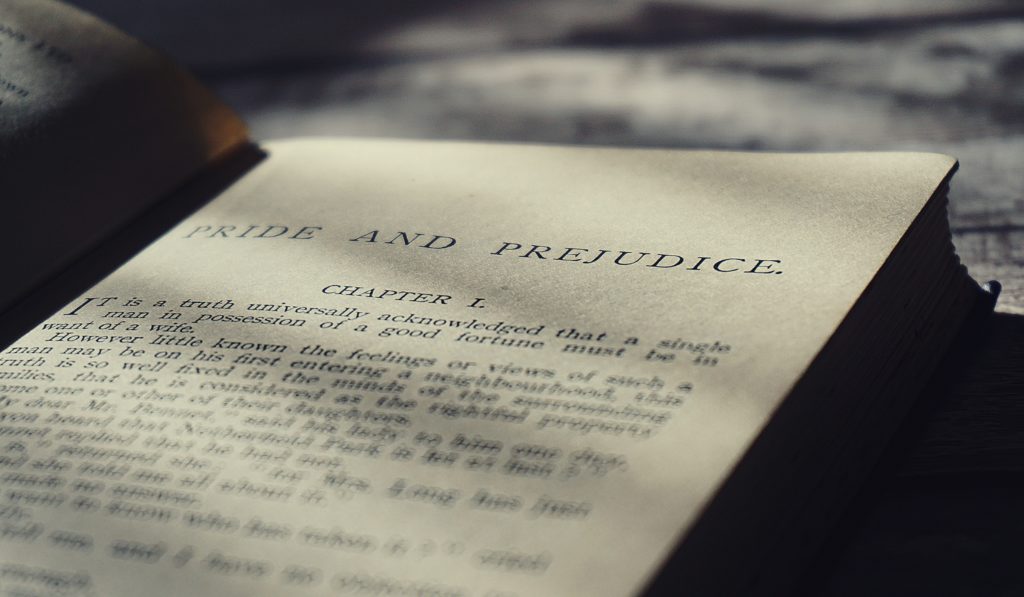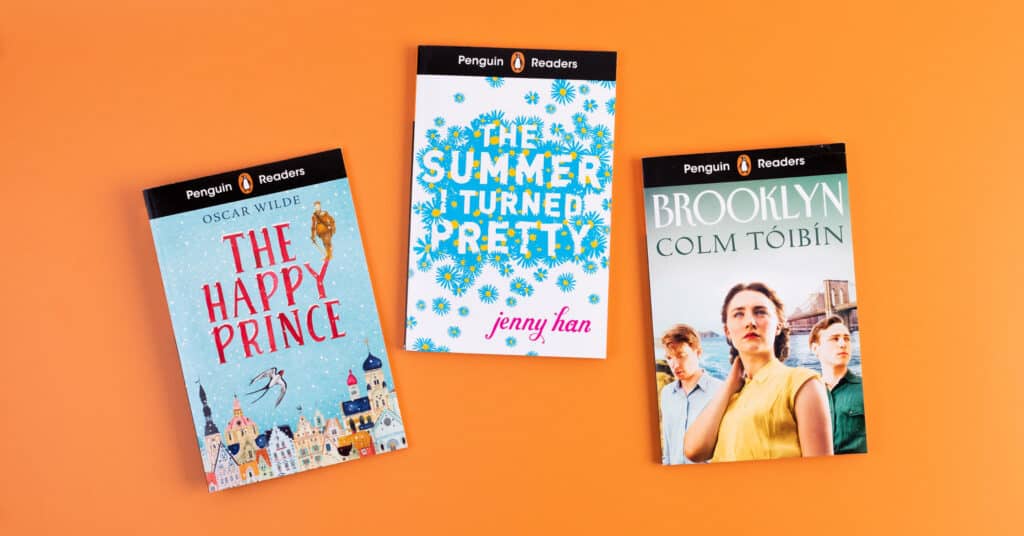The Benefits of Reading Classic Literature
The Benefits of Reading Classic Literature
Classics are celebrated and treasured stories that represent the period in time in which they were written. What are the benefits of reading classic literature?
- Classic novels can help readers to reflect on the past
- They often expose readers to a wide range of vocabulary
- Classics also expose readers to a more formal style of writing
- Reading classics can be challenging and rewarding
English is used as a first language in over 100 countries and has been used for over 1,000 years. English Language Day is celebrated every year on the 23rd of April. Why not commemorate this wonderful day with and explore British classics with these activities inspired by Penguin Readers.
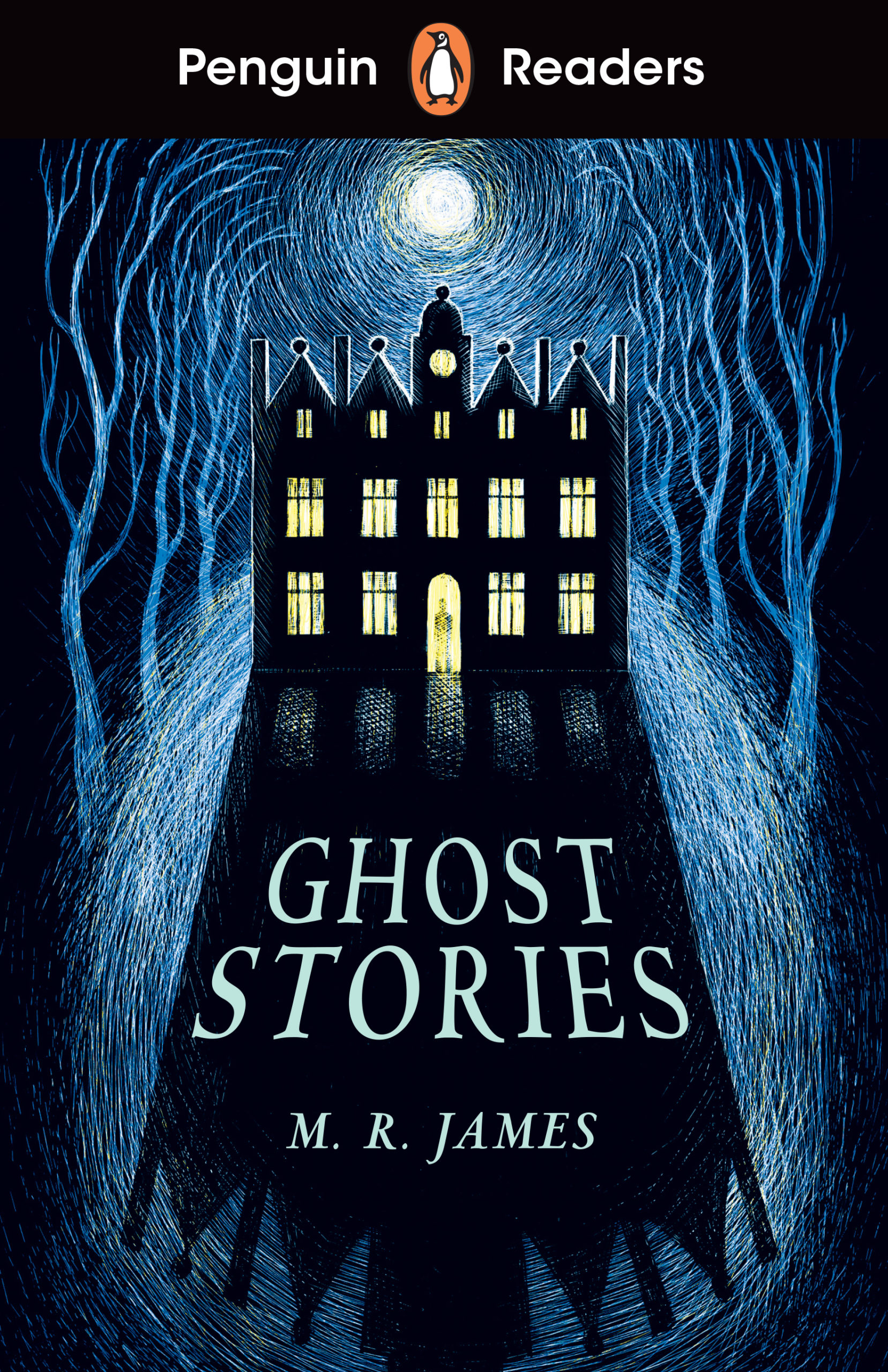
Listening Task
Work in pairs. Read the passage below to a partner. Your partner should listen carefully and draw the description of the room. There is a lot of detail about direction and the view from the window. This is a fun activity that focuses on listening to detail.
The next day, Parkins travelled to Burnstow and found the Globe Hotel. His room with two beds was large and the windows looked three ways. One window looked north, along the beach, one window looked south, towards the town, and the middle window looked straight at the grey sea.
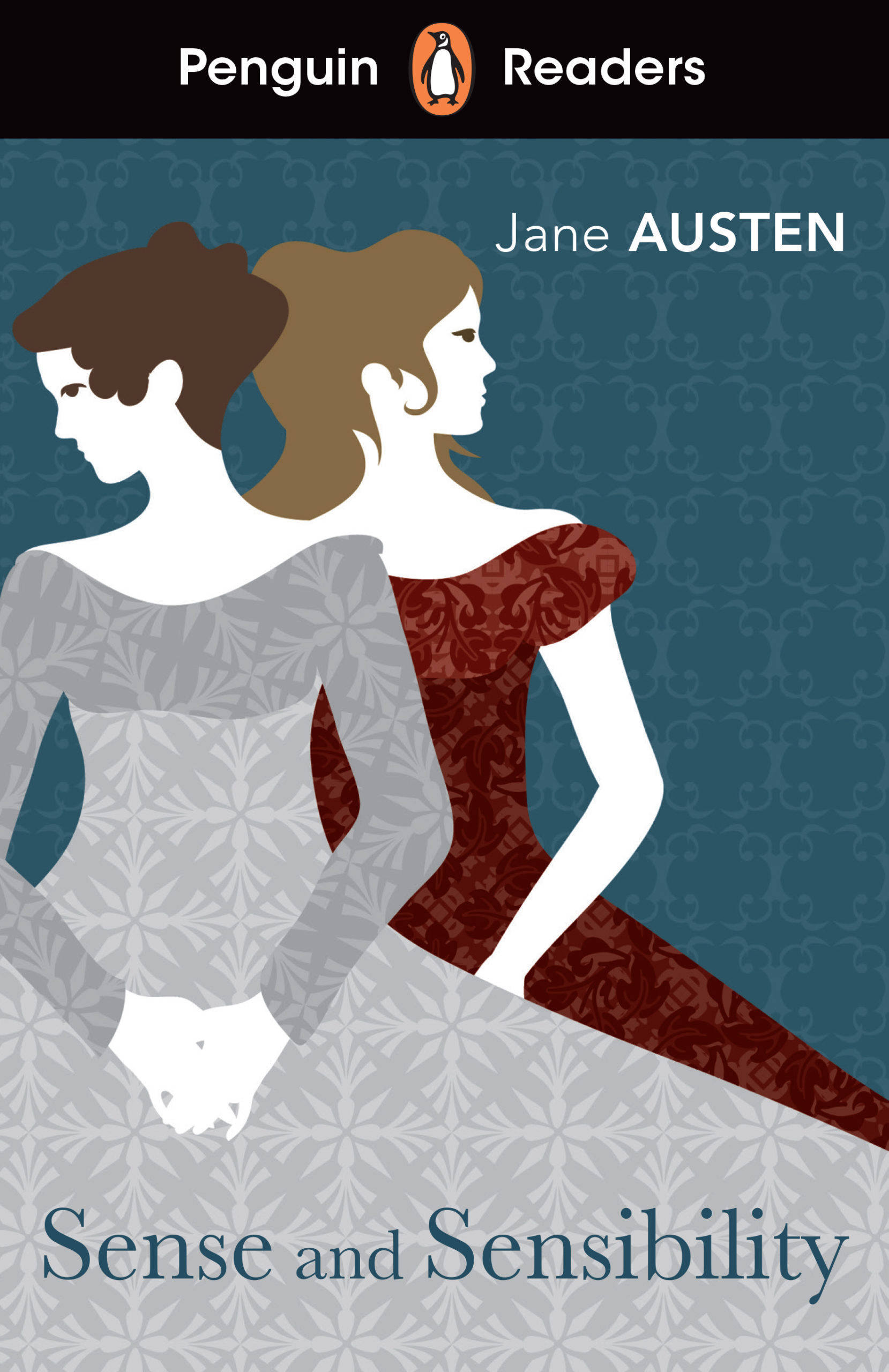
Character descriptions
Read these character descriptions from the book:
Pg 7 Her sister Marianne, was seventeen and even prettier with a sweet smile and dark eyes which were full of life.
Pg 10 But his eyes do not have that fire that shows a really interesting character.
Pg 10 . . . his eyes are kind.
Answer these questions to work on character descriptions:
- Look at the references made to eyes. What do they mean in each case?
- Think about eyes in general, what do they tell us about a person?
- Can you describe a friend with a focus on their eyes?
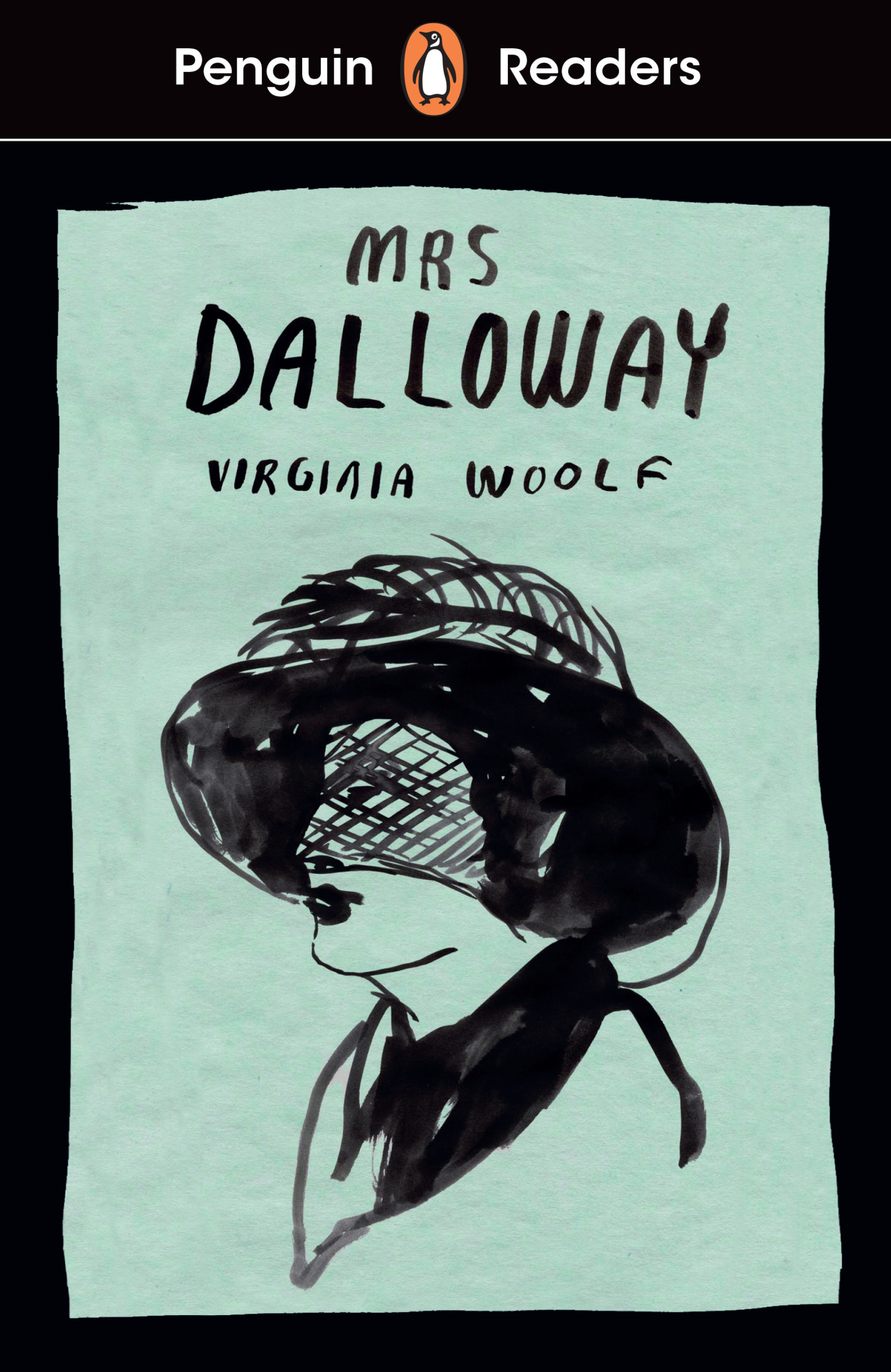
We are such fools, she thought, crossing Victoria Street, for loving life so much: these crowds, this noise, this movement.
Carriages, motor cars, vans, bands playing in the parks, and a strange high singing of some aeroplane up above. That was what she loved, London, this moment of June.
Read the passage from the book above and explore these questions:
- How do you feel about city life?
- Is the character describing London is a positive or negative way?
- What are the advantages and disadvantages of living in a big city?
- What does she start the sentence with – we are such fools?
- Can you use the word fool in a different context?
Writing Task
Think about how you would describe your own town or city. See if you can write a passage about it and share it with your family or friends.
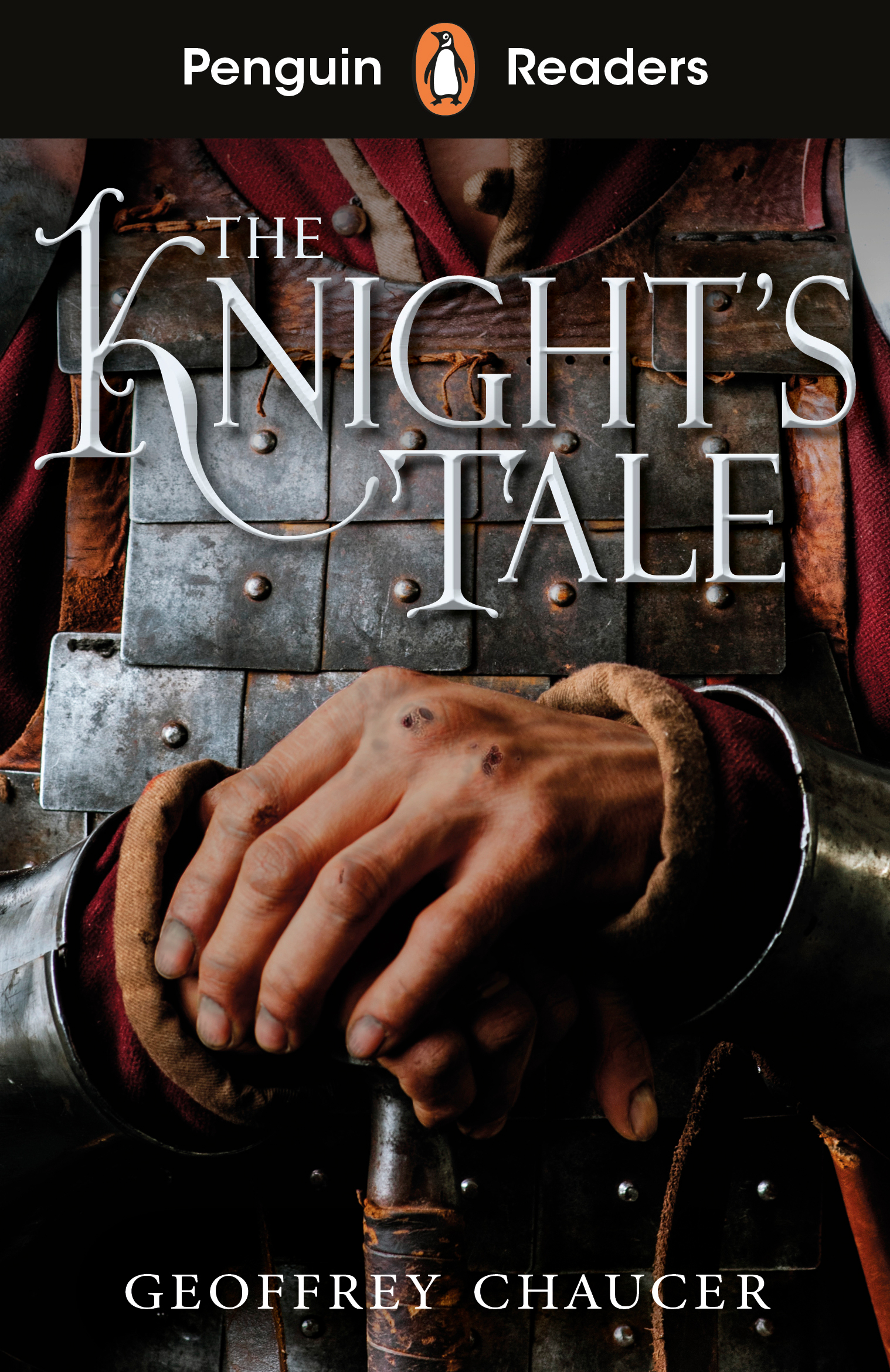
Language Task
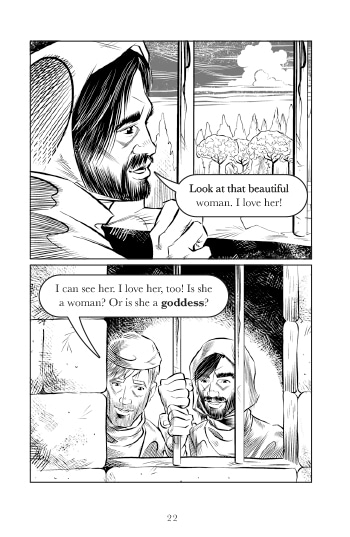
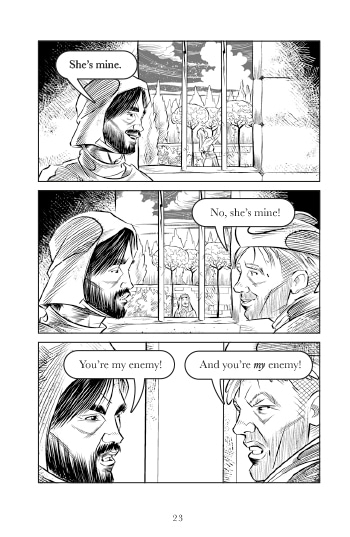
Explore the dialogue above with these questions:
- Look at the dialogue between the two enemies. Can you act it out?
- The characters refer to the lady as a goddess. What is the meaning of a goddess?
- They also refer to her as beautiful. How many synonyms can you think of to describe beautiful / a goddess?
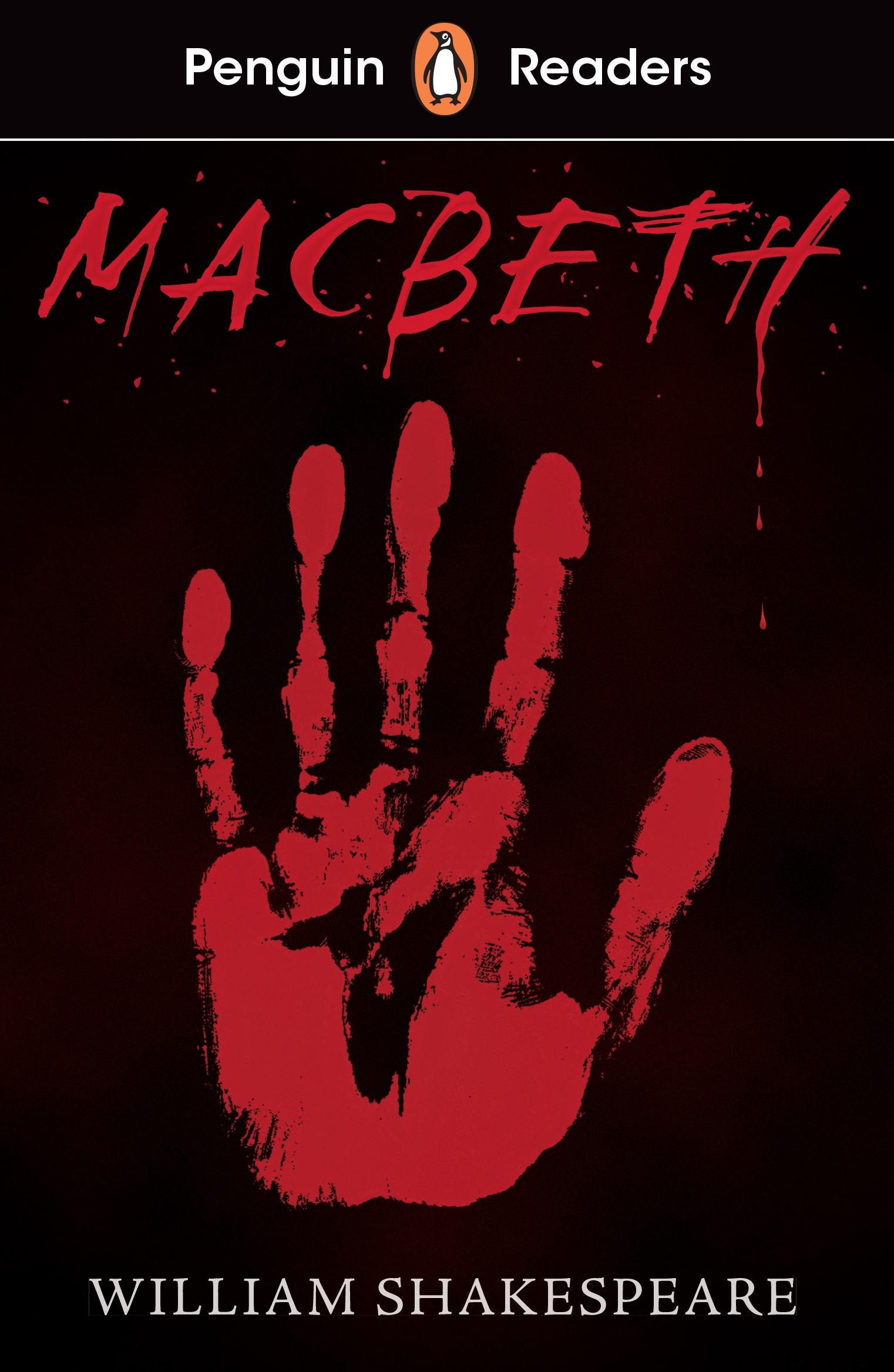
Analyse the blurb
Macbeth meets three witches. They can see into the future. They tell Macbeth, “You are King of Scotland in the future.” Are they right? Can Macbeth be king?
Use the blurb as a prediction task before reading. Look through the blurb and focus on key language, make predictions about what is going to happen in the book.
Key words to focus on from the blurb
Look at the key words below and use them to make more predictions.
Witches
See into the future
King
Answer these questions about the key words:
- Can you think of any adjectives to describe witches?
- What does it mean to see into the future?
- What do you think of when you see the word king?
David Copperfield
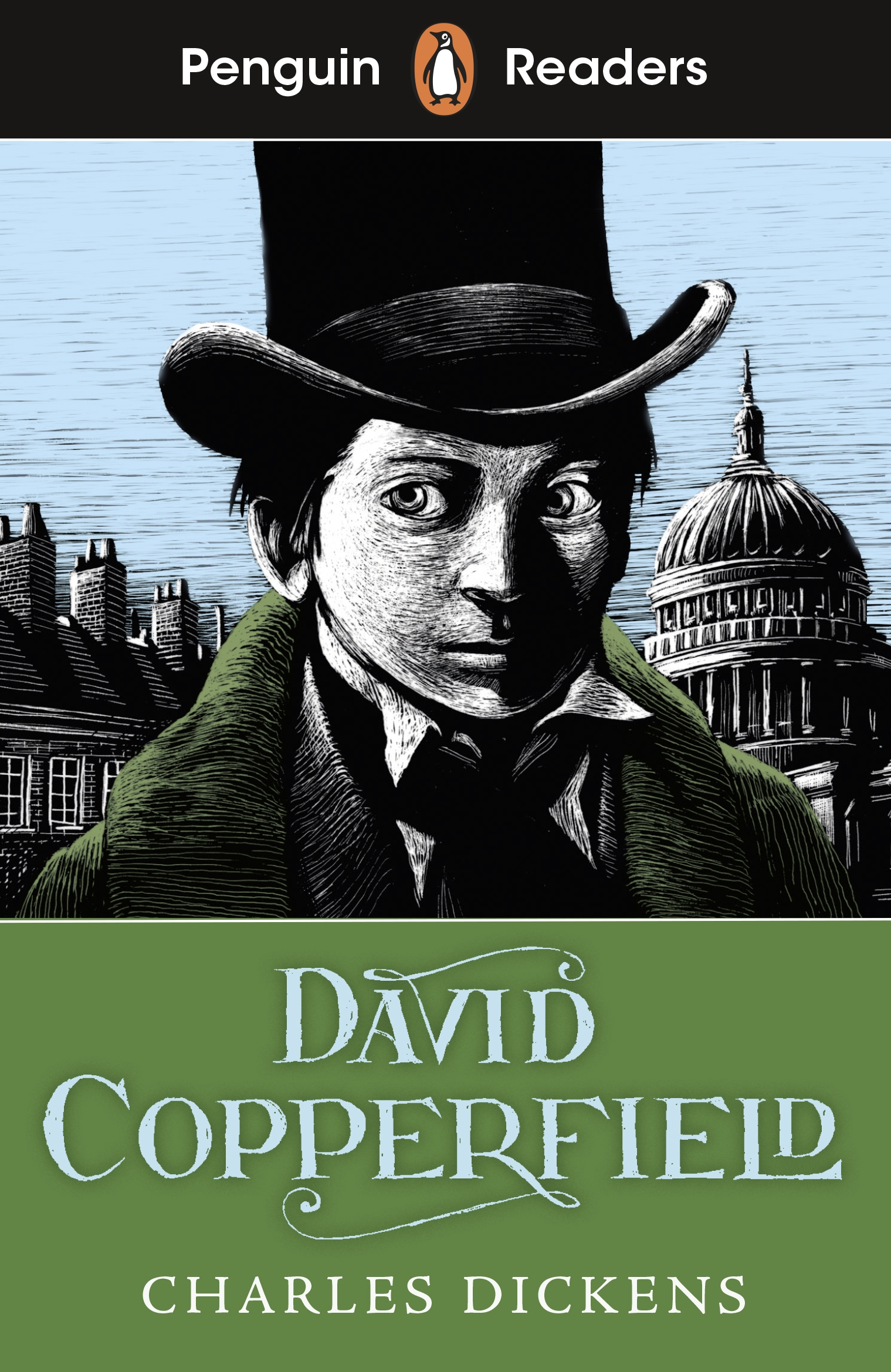
British Traditions
A fitting tribute to English Language Day in David Copperfield, is the lovely reference to tea.
Pg 9
“Let’s have some tea,” she said.
“Will it help me?” asked my mother.
“I feel very unwell.”
“Of course it will,” said Miss Betsey.
Tea is a traditional drink in the UK. Answer these questions to explore this British tradition:
- Tea is often offered to make someone feel better or solve a problem in the UK. Does tea make you feel better?
- Think about something similar from your own country. What do you recommend to make someone feel better?
- Research the history of tea in the UK. When and how was it introduced to the British people?

